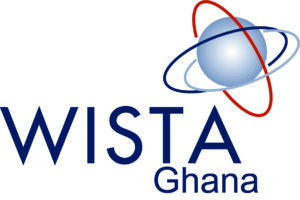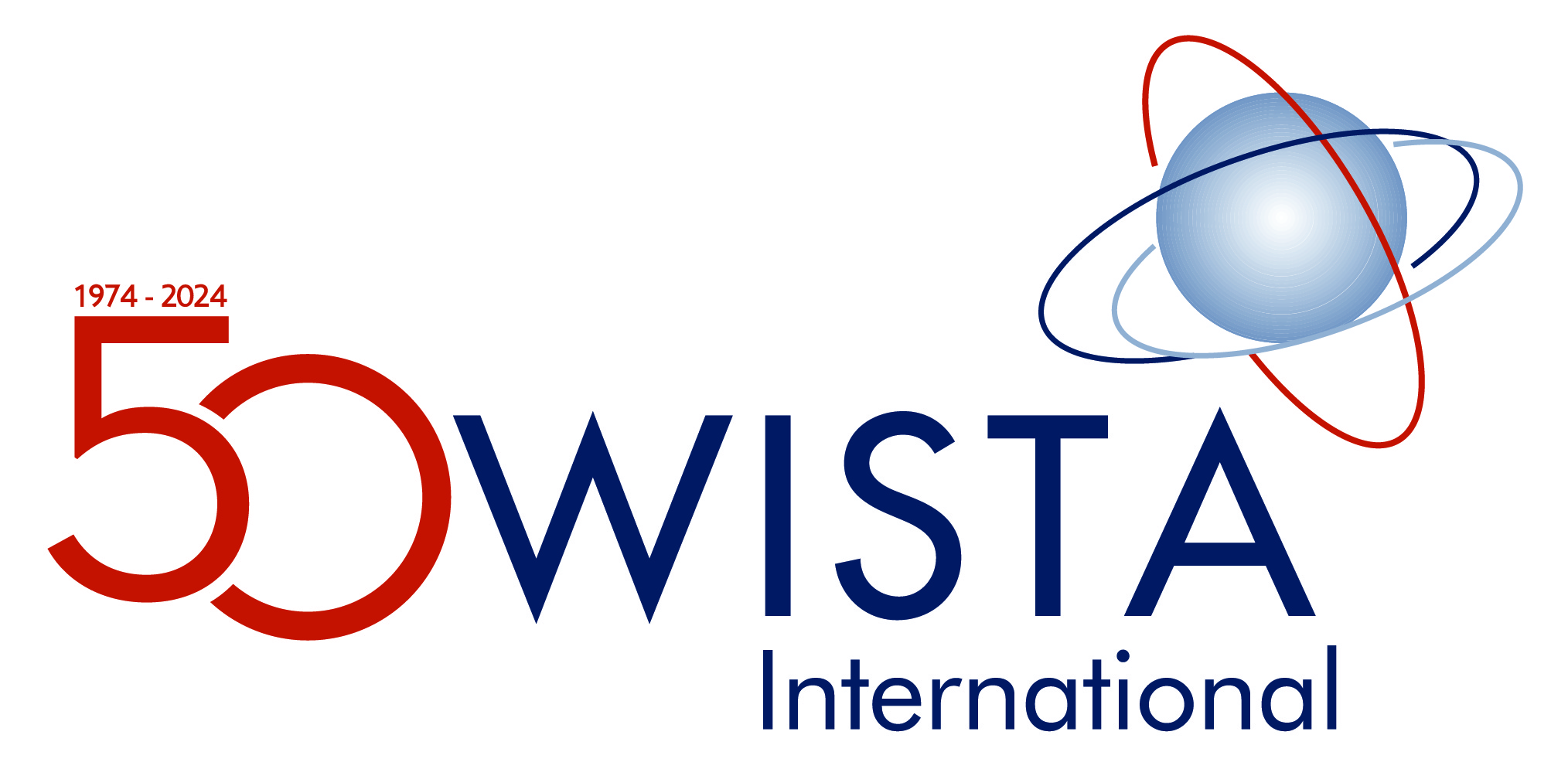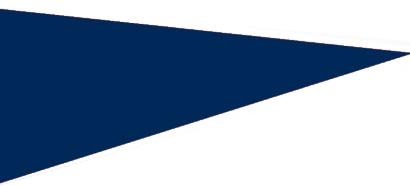The 6th WISTA International Africa Regional Conference
April 2, 2019
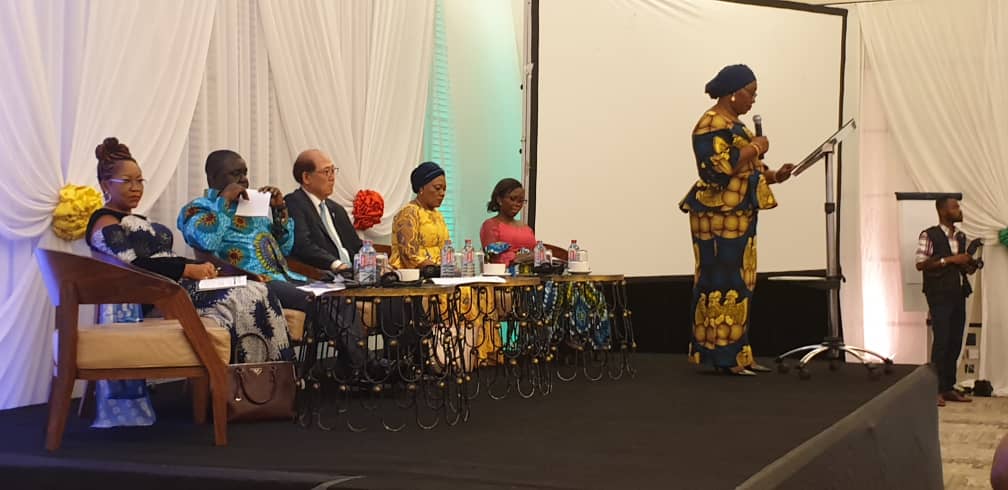
The 6th WISTA Africa Regional Conference commenced on the 2nd of April 2019 in Accra, Ghana. The first day commenced with delegates which included the Secretary-General of the IMO – Mr Kitack Lim and Hon. Kwaku Ofori Asiamah who represented the Vice President of Ghana, Dr Mohamudu Bawumia.
There was also a welcome address by the President of WISTA Ghana, Mrs Jemilat Jawulaa Mahamah. She emphasized that the “Maritime Industry and the Oceans around Africa has a lot of potentials and it is up to women to showcase how much we can contribute to realize the potential and convert it to reality”. This realization she said informed the choice of the conference theme “The Role of Women in harnessing the potential of Africa Blue Economy”.
There was also a welcome address by the Representative of the Minister of Gender, Children and Social Protection.
Subsequently, there was an address by the Secretary-General of IMO – Mr Kitack Lim. He said that he was delighted to be in Ghana, his first-time visit and that IMO was delighted at the giant strides women are making in the Maritime Industry. He promised the continual support of the IMO in addressing the cause of women and projecting gender-friendly policies to encourage more women to venture into the maritime sector.
This was followed by an address by the Minister of Transport – Hon. Kwaku Ofori Asiamah. He emphasized that the Government of Ghana is committed to advancing the cause of women and he mentioned the names of key women that were manning sensitive posts in the Ghanaian Maritime sector. He said that the government would continue to encourage competent women in the sector and also encourage young women wishing to enter the Ghanaian Maritime sector.
There was a presentation by Mr Thomas Alonsi (Director-General of Ghana Maritime Authority) on “Inland Transportation and Waterways” which focused on the status of the Ghanaian Maritime sector and opportunities that abound therein.
Ramat Jalloh (Maritime Lawyer, Sierra Leone and Lecturer at International Maritime Law Institute IMLI), on the “Role of Women in Ocean Industries: Leadership and Sustainable Development”. She emphasized that a lot of women have made their mark in the maritime space worldwide and that a lot of opportunities still abound for bold women who are willing to take up challenges. Women can thrive in maritime she said, with the right skillset.
After the presentation, we held a panel discussion which requested the participants to narrate their experiences/challenges in the course of going up the ladder in the maritime industry.
The panellists were made up of the following:
1. Captain Catherine Haizel (Ghana)
2. Ramat Jalloh (Sierra Leone)
3. Mrs Sylvia Asana Dauda Owu (Ghana)
4. Mrs Esther Gyebi-Donkor (Ghana)
The panel discussion was followed by a presentation by Captain Aaron Turkson (Former Rector, Regional Maritime Authority) titled “Role of Maritime Education in Harnessing the Potential of the Blue Economy”. He emphasized that a lot of opportunities in the maritime sector were not fully tapped because a lot of people are not well informed on the potentials of the sector. He said that education is key and women, in particular, must seek it to thrive in the sector. He also mentioned a number of institutions worldwide that major in maritime education.
The next presentation was on “Africa Ports and Marine Pollution Matters” by Michael Luguje (Director General of Ghana Ports and Harbours Authority). He emphasized the importance of keeping our ports and oceans clean. He said that failure to do so would cause harm to the sea, the environment and humans. Women must be involved in ensuring a clean and safe marine environment and address pollution issues.
Finally, for the first day, there was a presentation on the “Role of Trade Facilitation in Promoting Africa’s Intra Africa Trade”. The presentation was done by Mrs Naa Densua Aryeetey (WISTA International – Executive Committee Member for Africa). She emphasized the need to break all barriers within Africa to facilitate trade.
Day 2:
“Securing the Blue Economy through the Effective Regulations and Enforcement” by Mrs Oritsematosan Edodo Emore of Zoe Legal Consult (Nigeria).
The second presentation was on “Ghana’s Blue Economy: The Role of the Maritime Transport Sector” by Ms Benonita Bismarck (CEO, Ghana Shippers’ Authority).
This was followed by another presentation in “Maritime Clusters and Ocean Sustainable Development in Africa” by Stanley R. K. Ahorlu (Chairman, Prime Meridian Dock Ghana Limited).
A presentation on “Transport Logistics in Africa: Challenges and the Way Forward” was delivered by Mr Kwame Cafui Macafui (CEO, Mac Logistics).
This was followed by another presentation on “Sustainable Fisheries and Aquaculture” by Rev. Michael Arthur Dadzie (Director General, Fisheries Commission” ably represented).
Immediately after the lunch break, we had a presentation on “Realizing the Potentials of the Blue Economy in Africa through Inclusiveness – People, Planet and Prosperity” by Dr. Kofi Mbiah (Alliance Partners, CEO of Ghana Chamber of Shipping, former CEO of Ghana Shippers’ Authority and immediate past Chairman of IMO legal Committee).
Following this was a panel discussion on “Mentoring and Creating Role Models for the Future Generations – The Role of Africa Maritime Women’s Groups”. The panel was comprised of representatives of the following groups:
1. WIMA Africa
2. WILAT (Ghana)
3. WISTA (Nigeria)
4. WISTA (South Africa)
5. WOMESA (Kenya)
The panellists stressed the importance of mentoring in increasing women’s participation in the Maritime sector. Many excellent women abound in the Maritime space. All they need to do is to hand over the mantle to the younger ones to build formidable capacity in the maritime space.
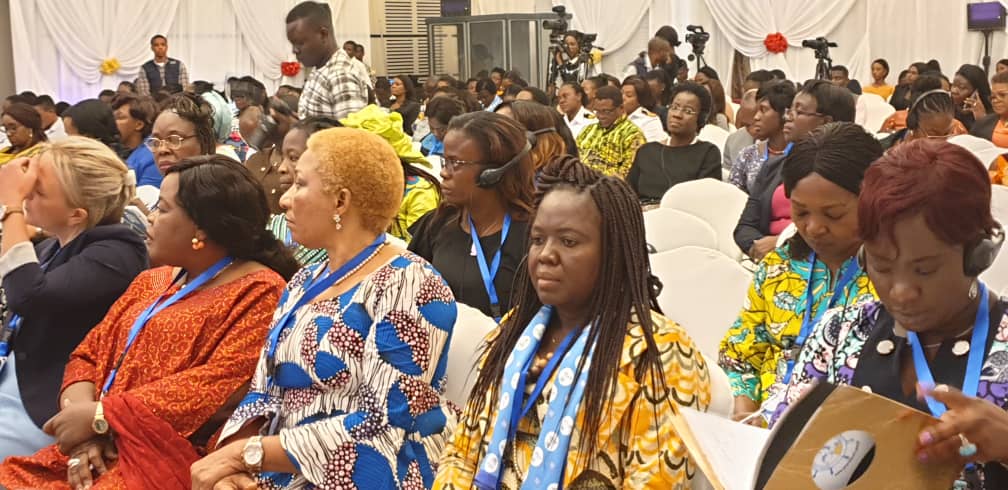 WAY FORWARD
WAY FORWARD
We have addressed a number of issues in the course of the conference and we can deduce as follows:
1. Knowledge is Key: Women must seek for knowledge pertaining to the Blue Economy/maritime industry through seeking mentors or acquiring the skills from an educational institution/internet. Knowledge is power and is the key to success. There are guidelines, laws and regulations guiding the maritime sector and we must know them.
2. We must be abreast of opportunities in the maritime industry (areas of involvement) as well as positions that can be filled. This is critical for increasing formidable capacity in the number of women in the maritime sector.
3. Pollution issues are of concern to the IMO. As women, we must be concerned too. In any area of maritime, we find ourselves, we must be ambassadors for anti-pollution. We must keep our oceans and environment clean. We must be actively involved.
4. On maritime clusters and ocean sustainable development in Africa, the following is proposed:
• Developing maritime clusters as a union in Africa. This can start with WISTA.
• Africa needs to develop the passion and commitment for this by building capacity through relevant training.
• Need for policy framework and building of strong institutions.
• Need to develop local content just as has been done in the oil and gas sector to protect local entrepreneurs.
• Encourage the small and medium scale entrepreneurs to venture into the maritime sector.
• There should be a synergy between the private sector operators and public policymakers in the industry to make the business climate affordable.
5. Women in government must drive legislation that involves the progress of women. Suitable legislation must be pursued to address the cause of women in the maritime sector.
6. On Sustainable fisheries and Aquaculture. There are many laws regulating the fisheries industry in your locality. We must be aware of fishing laws and ensure that those involved in the fishing business do so in a sustainable fashion. Women groups can come together to form formidable groups to actively participate in fishing, for example, acquiring trawlers, etc.
